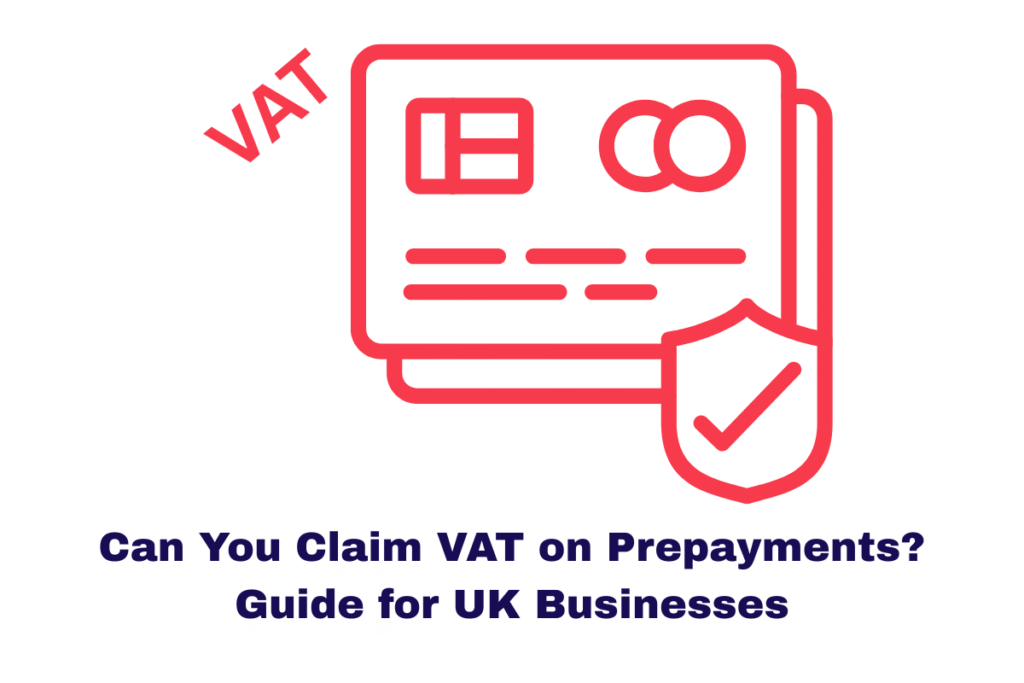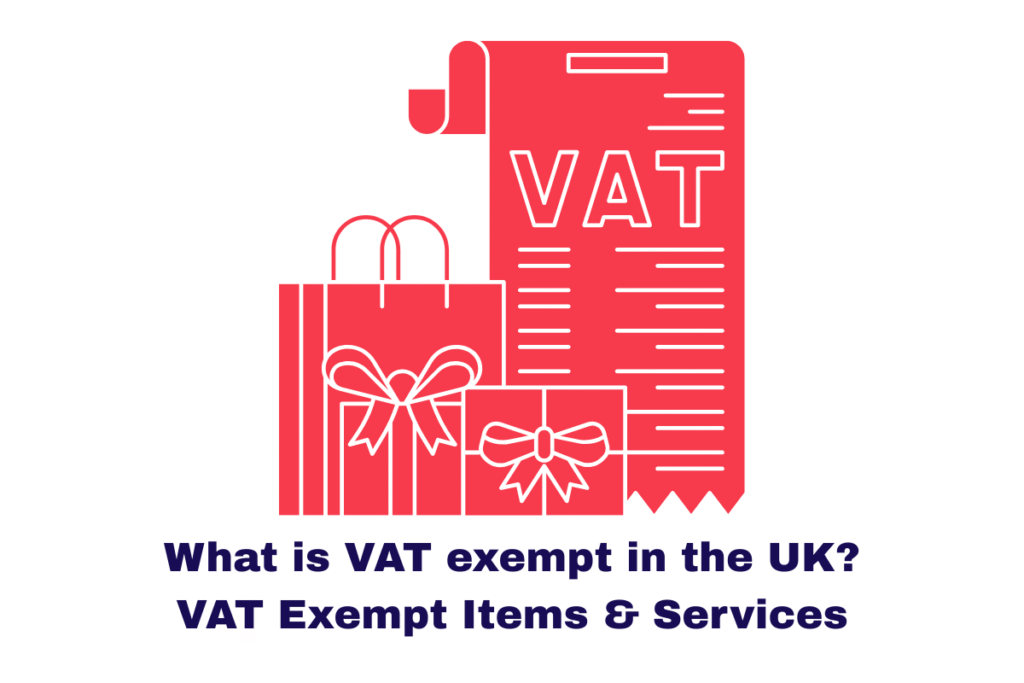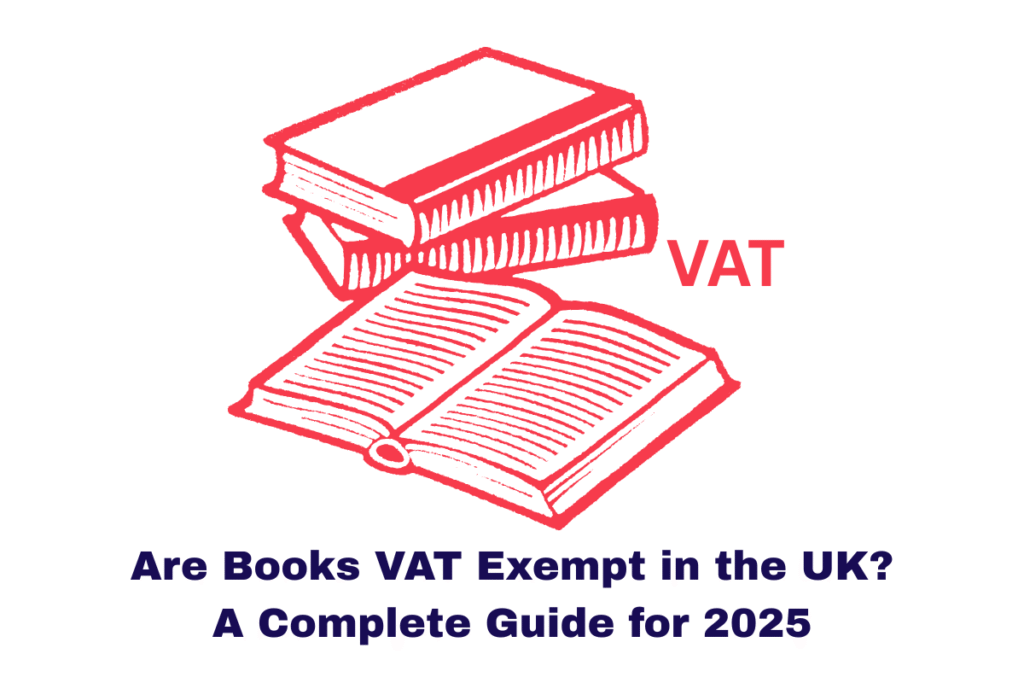When running a UK business, one of the questions that often arises is: can you claim VAT on prepayments? In most cases, the answer is yes—but only if specific HMRC conditions are met.
Getting things wrong can lead to costly VAT errors, so this guide explains clearly and simply how the rules work, when reclaiming is permitted, and what to watch out for.
📌 What Do We Mean by Prepayments?
Prepayments (also known as deposits, advance payments, or instalments) are amounts paid by a customer before receiving the goods or services. They commonly appear in:
- Construction contracts
- Event bookings
- Professional fees (e.g., consultants, designers)
- Long-term supplies (e.g., catering, bulk orders)
In accounting, these prepayments are initially recorded as liabilities or prepaid income. They’re only recognised as revenue when the service or goods are delivered.
Understanding When VAT Arises
One key reason businesses ask, “can you claim VAT on prepayments” is that VAT is due early in the supply chain. According to HMRC’s VAT Notice 700 (The VAT Guide), VAT is due at the earliest of:
- When goods or services are supplied
- The date of the VAT invoice
- The date any payment is received
So, even if delivery hasn’t happened yet, once a deposit or partial payment is received, VAT must be accounted for. This triggers both an output tax liability for the supplier and a potential input VAT claim for the customer.
Can You Claim VAT on Prepayments?
Yes — but only if all of the following are true:
- Supplier is VAT-registered.
Input VAT can only be reclaimed if supplier charges valid VAT.
- A proper VAT invoice is issued.
Per HMRC, invoices must show tax point, VAT number, amount, etc. No valid invoice = no reclaim.
- Payment is made for business purposes.
Only prepayments used in the course of taxable business activity are reclaimable.
- Goods or services are genuinely expected.
If there’s no intention to supply, VAT can’t be reclaimed.
If you meet the above, you can reclaim VAT on a prepayment in the period when the deposit is paid and the VAT invoice is received.
Read Our more Detailed Guides on VAT:
Is There VAT on Flowers in the UK?
How to Find VAT Number of a Business?
Is VAT Chargeable on Alcohol in the UK?
Is There VAT on Car Parking in the UK?
Accounting Process for Prepayments
For the Supplier:
- Issue a VAT invoice (or simplified invoice if under £250).
- Include the VAT charge on the deposit.
- Treat the deposit as a liability until supply happens.
- Pay output VAT in your return for the period when deposit was taken.
For the Customer:
- Keep the VAT invoice.
- Reclaim input VAT in the VAT return covering the date of prepayment/invoice.
- Treat input VAT like any other VAT on business purchases.
For more detail, see HMRC’s guidance on VAT invoices and record-keeping.
What If the Sale Is Cancelled?
Another frequent query is: “can you claim VAT on prepayments” if the transaction fails?
Scenario A: Deposit refunded
- Supplier refunds full amount, including VAT.
- Supplier reverses VAT in next return.
- Customer adjusts return to reverse input VAT.
Scenario B: Deposit forfeited
- If contract allows supplier to retain deposit, VAT must still be paid on that amount.
- Customer can’t reclaim VAT since no supply took place.
Refer to HMRC’s VAT Notice 700/6 for more detail on cancellations.
Accounting Scheme Differences
If you’re on Standard VAT Accounting:
- VAT is due based on invoice/payment.
- Input VAT on prepayments remains reclaimable as usual.
If using Cash Accounting Scheme:
- VAT is only due when payment is exchanged.
- You can still reclaim input VAT, but timing depends on when cash is paid.
HMRC’s VAT accounting schemes guidance outlines both methods.
Practical Examples
Example 1: Event Deposit
- £600 deposit paid, including £100 VAT, for event services.
- Valid VAT invoice received.
➡ You can reclaim £100 input VAT in that VAT period.
Example 2: Cancelled Order
- Machinery deposit of £1,200 including £200 VAT is paid but order cancelled under contract terms (non-refundable).
➡ You cannot reclaim the £200 VAT, and supplier must account for it.
Expert Tips
- Always get a valid VAT invoice the moment you make a prepayment.
- Check supplier’s VAT registration number.
- Track deposits and deliveries carefully, especially near VAT period ends.
- Document cancellations, refunds, and forfeits—contracts and invoices are key.
These measures ensure that when you ask “can you claim VAT on prepayments?”, you answer with confidence—and keep HMRC happy.
So: Can You Claim VAT on Prepayments?
Absolutely—and that’s the bottom line to the question can you claim VAT on prepayments? Conditions must be satisfied, cancels may complicate things, and different VAT accounting schemes affect timing.
But from a compliance standpoint, transactions are straightforward—so long as your paperwork and record-keeping are watertight.
✅ Your Next Steps & Free Tools
Need help with prepayments or VAT calculations? Check out our free tools:
- Use our VAT Calculator to instantly work out VAT on deposits and invoices.
- Use the Listen to Taxman Calculator to plan tax and net income around your cash flow needs.
Final Word
So, can you claim VAT on prepayments? You can—and it’s legal, legitimate, and practical, provided you follow HMRC rules and use correct invoices. But if you’re uncertain, talk to a professional or refer to HMRC’s official notices linked above.
Need support? Our expert VAT advisors at taxcalculatorsuk.co.uk are ready to help with VAT compliance, audit-proof record-keeping, and tax-efficient strategies. Drop us a line today.
🧾 References
Explore Our Tax Calculators
Salary Tax Calculator
Reverse Tax Calculator
Tax Calculator UK
VAT Calculator
Bonus Tax Calculator
Simple Interest Calculator
Payslip Calculator
Dividend Tax Calculator
The content provided on TaxCalculatorsUK, including our blog and articles, is for general informational purposes only and does not constitute financial, accounting, or legal advice.
You can also visit HMRC’s official website for more in-depth information about the topic.




